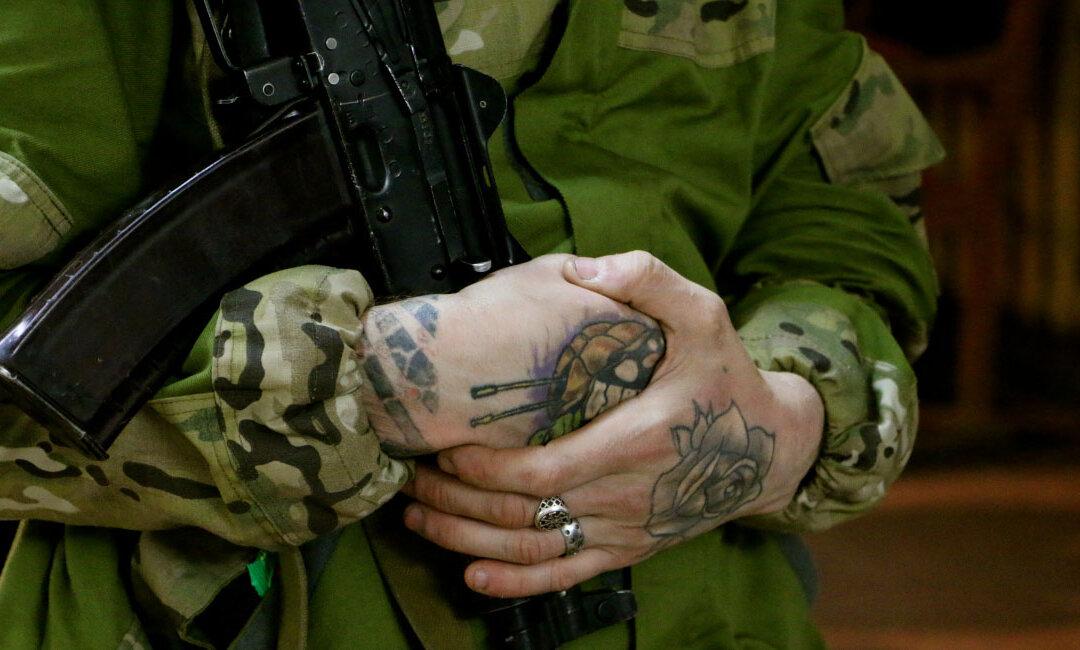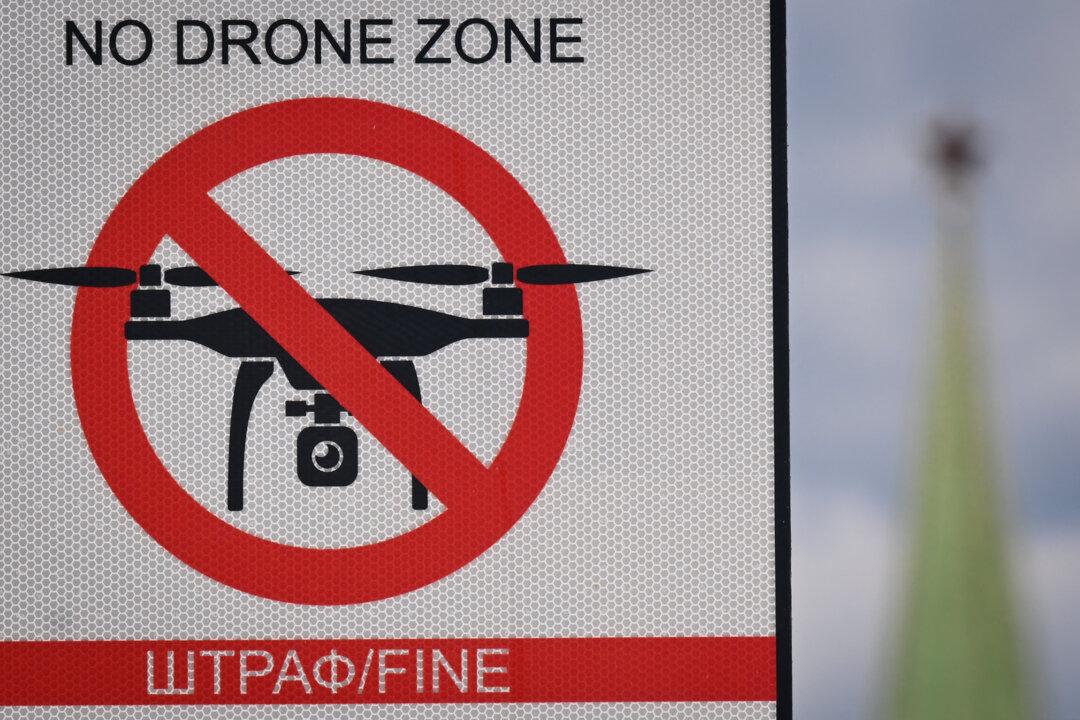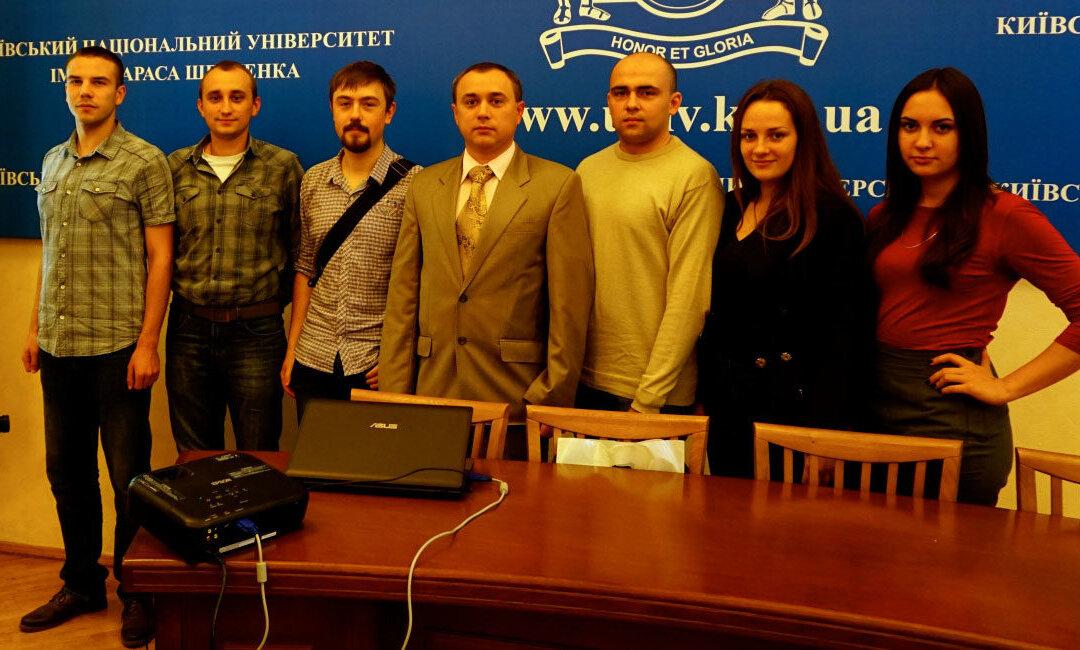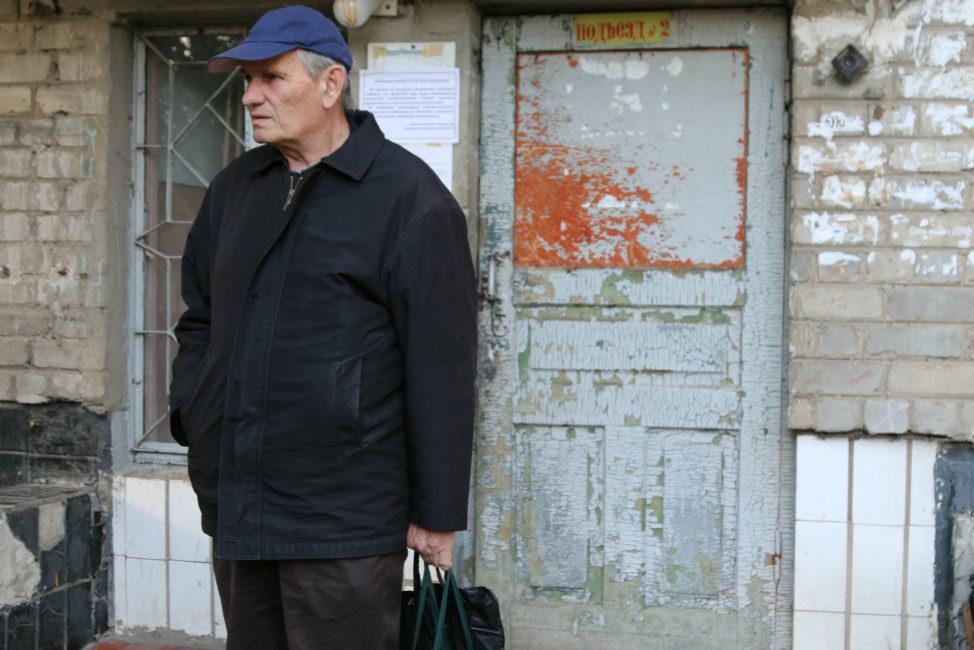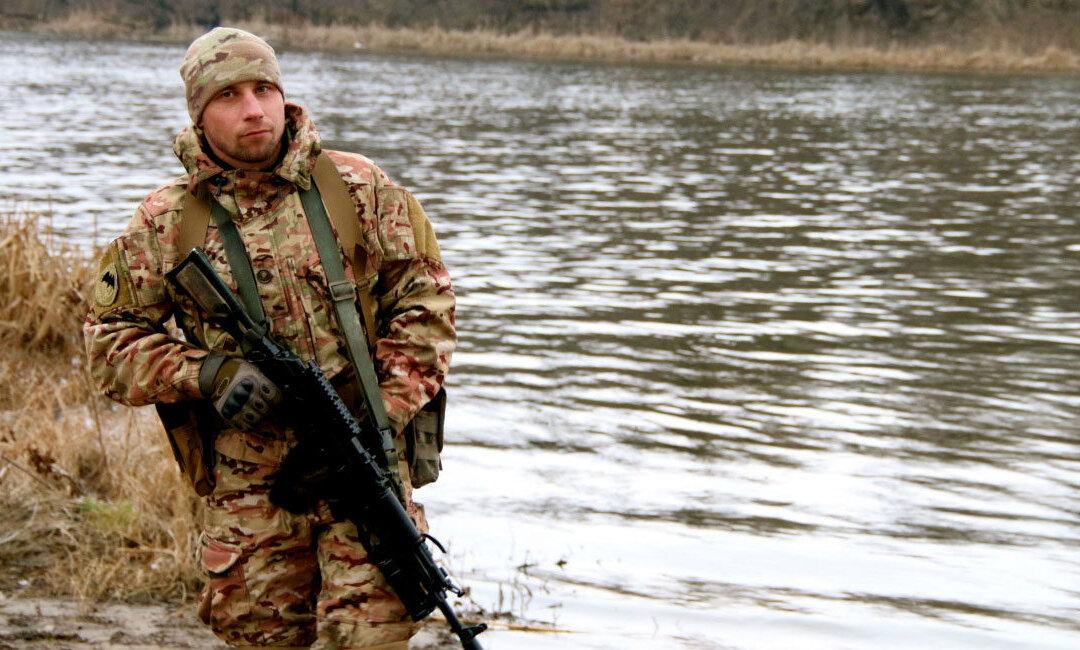KYIV, Ukraine—Two years ago, on Sept. 5, 2014, the Ukraine war’s first cease-fire went into effect. For a brief moment, the guns fell silent along the front lines in Ukraine’s embattled southeastern Donbas region.
These areas included the outskirts of the southern port city of Mariupol, where Ukrainian and combined Russian-separatist forces were engaged in a tank and heavy artillery battle.
But the cease-fire collapsed the day after its signing, and a second cease-fire, called Minsk II, went into effect in February 2015. It also quickly failed. Today, the war remains locked in a static trench warfare stalemate.
About 10,000 Ukrainians have died because of the conflict, and more than 1 million have been displaced. Heavy weapons banned by the Minsk II cease-fire still are used every day, and soldiers and civilians on both sides of the conflict still are dying.
As The Daily Signal’s foreign correspondent, I was in Mariupol in the days leading up to the first cease-fire in September 2014. Following are some of my journal entries from that time.
Sept. 2, 2014
Despite the fact that the separatists are only 20 to 30 kilometers outside the city, life here seems unaffected. People were at the beach today, enjoying the late summer sun. Children were in school, and rail and aviation routes are still open.
The hotel I’m at, the Poseidon, offers the clearest sign of what may be about to happen. The place is swarming with journalists from around the world—the BBC, CNN, The New York Times. Grizzled veterans of covering wars from Iraq and Afghanistan, to Sudan, Congo, and Georgia are swapping stories and sharing info about the situation here.
This is all amid the backdrop of Ukrainian troops digging in on the outskirts of town for what looks to be a tough fight against the pro-Russian separatist army, which may include as many as 5,000 regular Russian troops, according to NATO.

